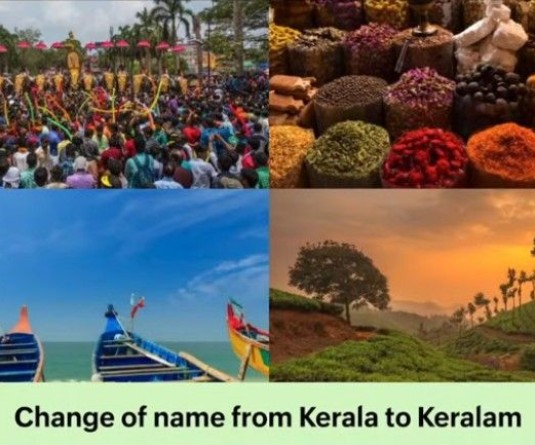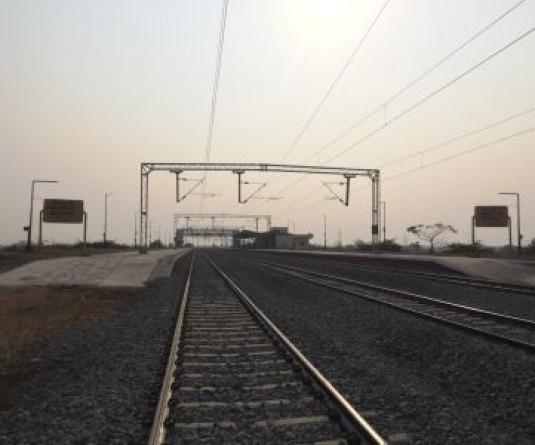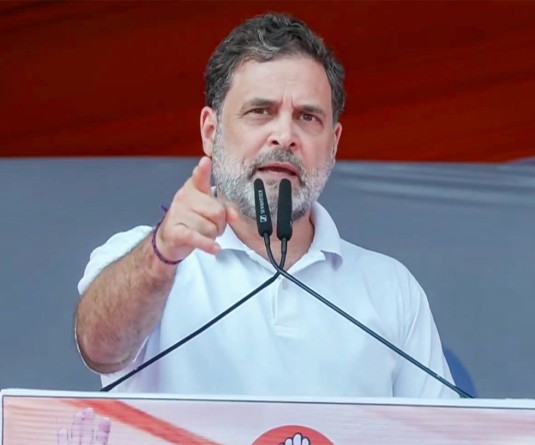
NEW Delhi, January 23 (PTI): With the US holding key to a vast number of issues affecting India and its corporates, the Indian government and companies together spent over $ 1.5 million last year on lobbying in the American power corridors. However, the cost incurred by Indian government and companies on lobbying with US lawmakers in 2010 marks a significant drop of about one-third vis-a-vis spending in the previous year, when this figure stood at about $ 2.2 million.
The issue of lobbying has created a big controversy in recent months in India after leakage of taped conversations between a corporate lobbyist and a number of people from politics, business, the media and other areas. The controversy led to talk of the Indian government also considering framing regulations for lobbying activities. However, the government and private companies have been officially lobbying in the US for many years to put forward their cases with the American government and lawmakers. Lobbying is legal in the US and all the lobbyists there are required to file a quarterly report with the Senate, detailing their clients, the departments with whom they were lobbying and the fees charged for the same.
According to the lobbying disclosure reports filed with the Senate for the quarter ended December 31, 2010, the Indian government and companies together paid about $ 4,00,000 to lobbyists for putting forward their cases before US lawmakers. This has taken the total lobbying cost incurred by Indian companies and the government for the entire 2010 to $ 1.57 million, as against $ 2.2 million in 2009. Experts said the drop in lobbying expenses partly reflects the state of economy and the resultant cost-cutting exercise undertaken by the government as well as companies. The Indian government alone paid over $ 420,000 during 2010 to high-profile lobbyist Barbour Griffith & Rogers (BGR), while the private sector companies together paid more than $ 11,50,000 to their lobbyists.
The lobbying for the Indian government was done mostly with the US Senate on issues related to the bilateral relationship between the two countries, the disclosure said. Till last year, the Indo-US nuclear deal used to be the main lobbying issue for the Indian government. On the other hand, the private sector lobbied on issues related to their respective businesses. The most prominent among the private sector entities, billionaire industrialist Mukesh Ambani-led Reliance Industries , paid a total of $ 7,60,000 to its US lobbyist, which also happens to be BGR. RIL paid $ 190,000 each in the four quarters of 2010, while the amounts were the same in the previous year.
The issue of lobbying has created a big controversy in recent months in India after leakage of taped conversations between a corporate lobbyist and a number of people from politics, business, the media and other areas. The controversy led to talk of the Indian government also considering framing regulations for lobbying activities. However, the government and private companies have been officially lobbying in the US for many years to put forward their cases with the American government and lawmakers. Lobbying is legal in the US and all the lobbyists there are required to file a quarterly report with the Senate, detailing their clients, the departments with whom they were lobbying and the fees charged for the same.
According to the lobbying disclosure reports filed with the Senate for the quarter ended December 31, 2010, the Indian government and companies together paid about $ 4,00,000 to lobbyists for putting forward their cases before US lawmakers. This has taken the total lobbying cost incurred by Indian companies and the government for the entire 2010 to $ 1.57 million, as against $ 2.2 million in 2009. Experts said the drop in lobbying expenses partly reflects the state of economy and the resultant cost-cutting exercise undertaken by the government as well as companies. The Indian government alone paid over $ 420,000 during 2010 to high-profile lobbyist Barbour Griffith & Rogers (BGR), while the private sector companies together paid more than $ 11,50,000 to their lobbyists.
The lobbying for the Indian government was done mostly with the US Senate on issues related to the bilateral relationship between the two countries, the disclosure said. Till last year, the Indo-US nuclear deal used to be the main lobbying issue for the Indian government. On the other hand, the private sector lobbied on issues related to their respective businesses. The most prominent among the private sector entities, billionaire industrialist Mukesh Ambani-led Reliance Industries , paid a total of $ 7,60,000 to its US lobbyist, which also happens to be BGR. RIL paid $ 190,000 each in the four quarters of 2010, while the amounts were the same in the previous year.






